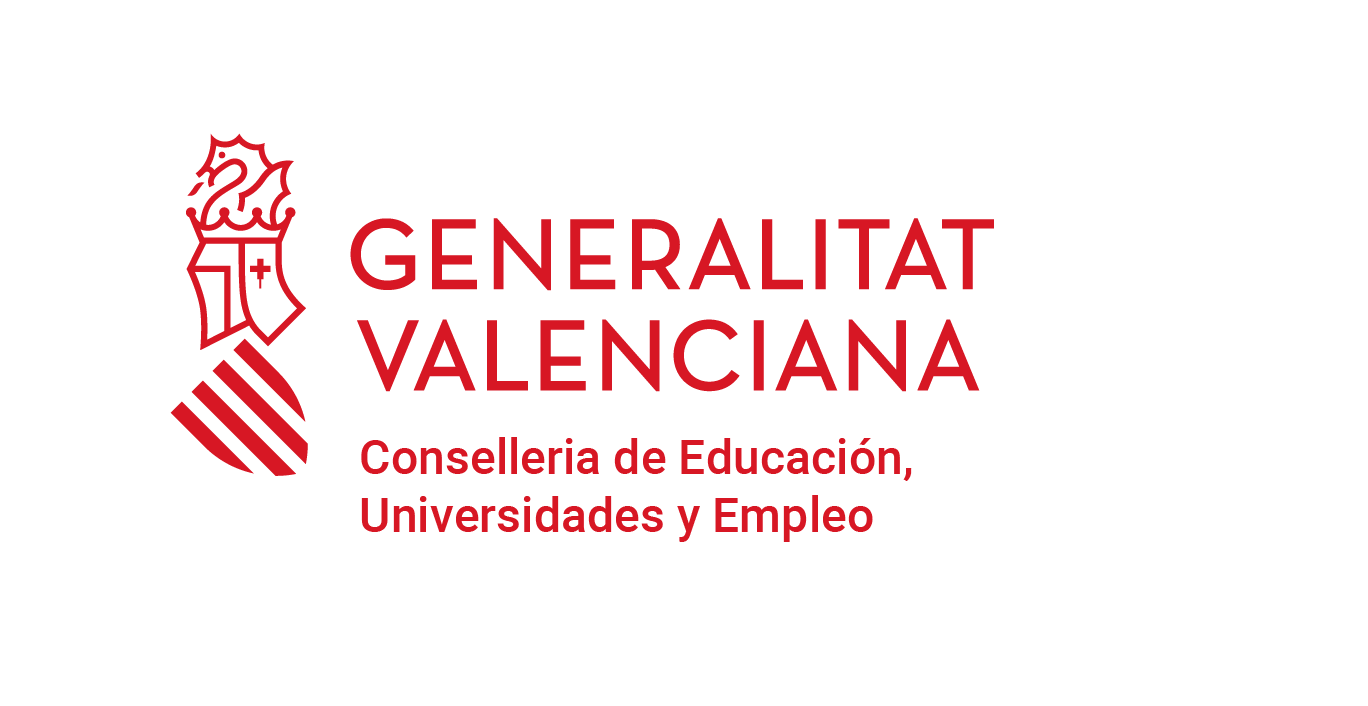This project is about a remote-controlled drone used to seek and rescue people at sea. “Its intention is to save human lives at high sea, especially now with so many refugees stranded in the Mediterranean Sea”, its promoters explained.
By means of thermal cameras and the European EGNOS location service, this multicopter has been designed to take off from boats and platforms under virtually any weather conditions, and will be able to rapidly detect anyone stranded at sea and to send accurate information to rescue teams.
Thanks to its load capacity (up to 70 kg), it can transport an inflatable dinghy and throw it down to the shipwrecked. In this way, Poseidron will provide help more quickly and more cheaply compared with other systems available today. Therefore, the rate of survival in very cold water will definitely increase, the promoters indicated.
The European Satellite Navigation Competition in the Valencian Community
Coordination of the European Satellite Navigation Competition in the Valencian Community is done from the Valencian Space Consortium in collaboration with the five Science Parks of this community: espaitec – Science, Technology and Business Park (the Universitat Jaume I of Castelló), the Polytechnic City of Innovation (UPV), the Science Park (Universitat de València), the Science-Business Park (Universidad Miguel Hernández de Elche) and the Alicante Science Park (Universitat d’Alacant), and is sponsored by FULTON, The Vacuum Projects and INAER.




